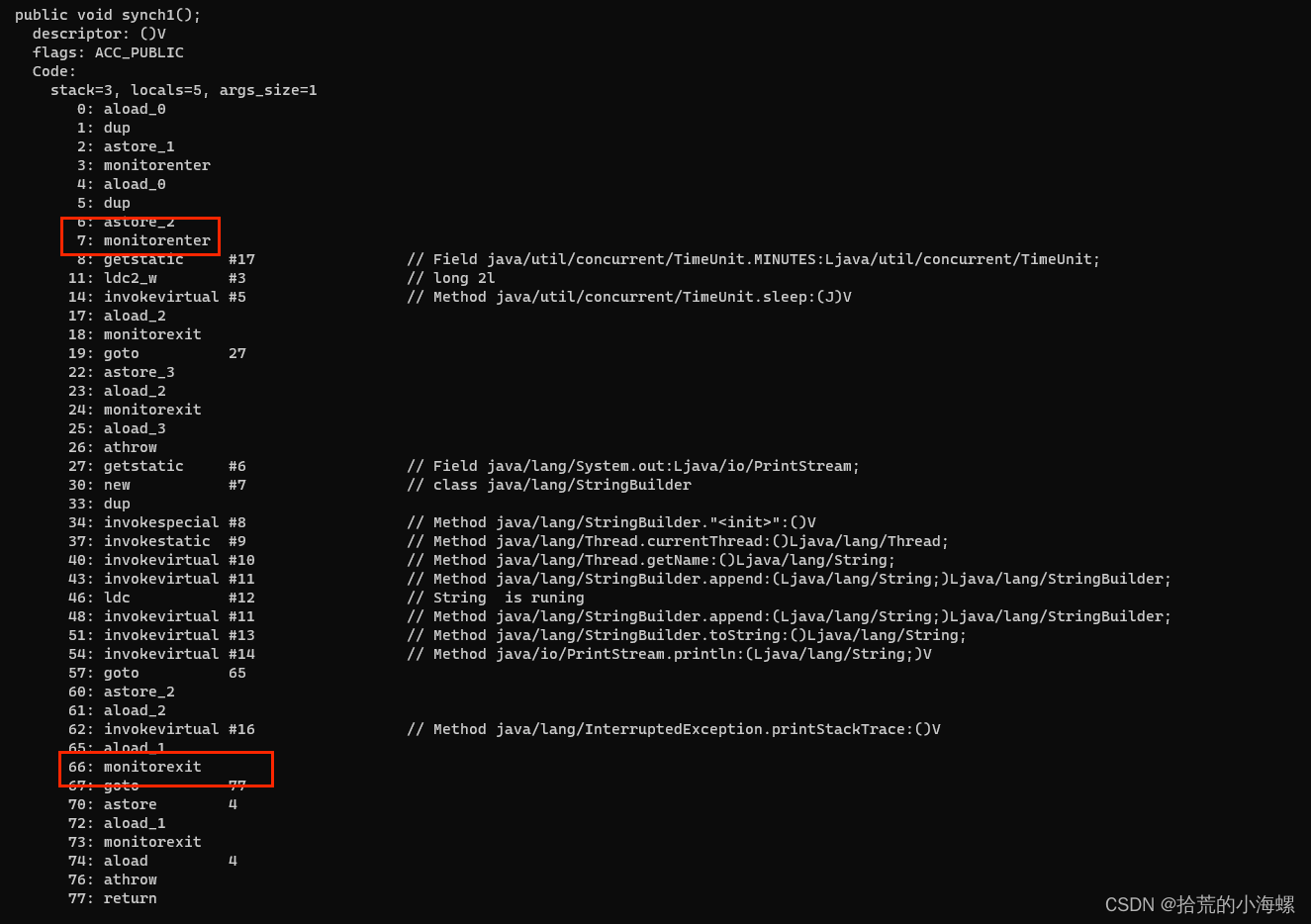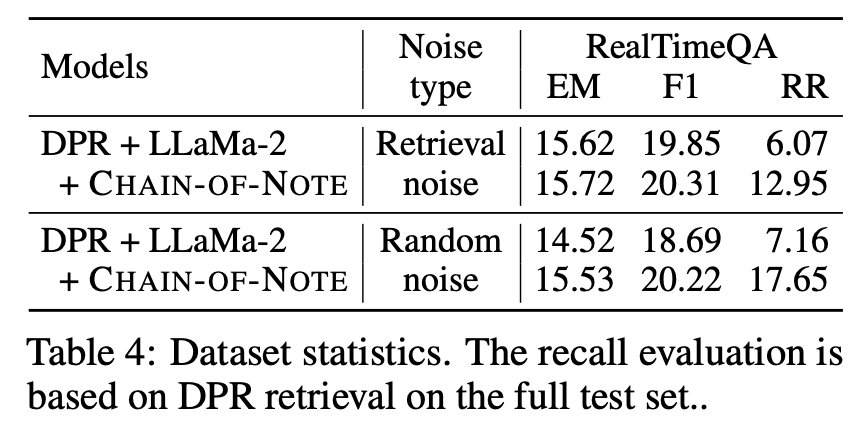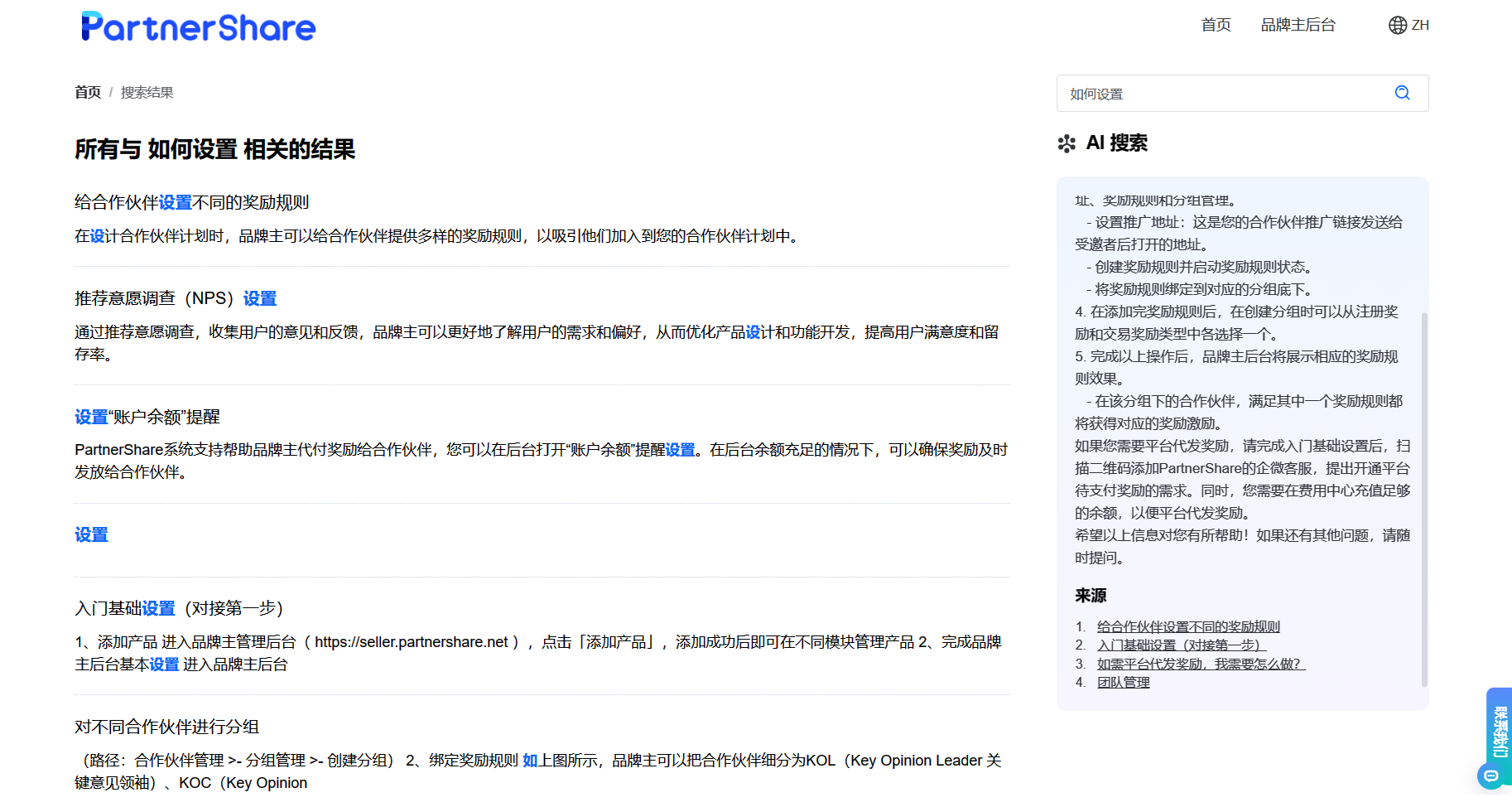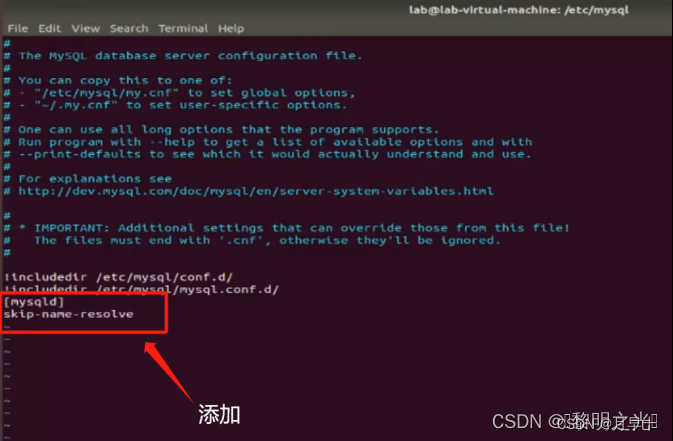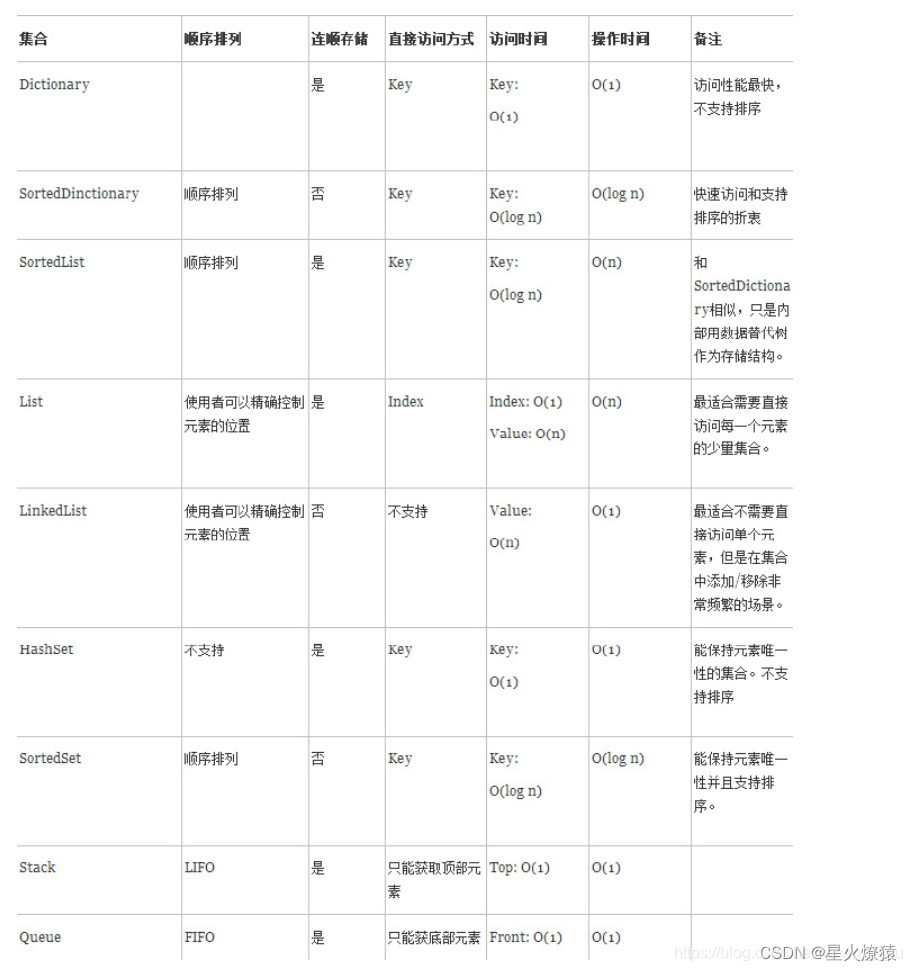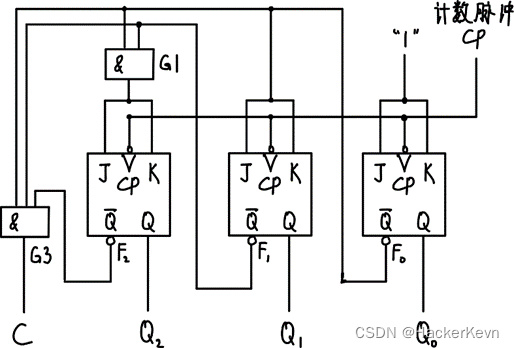游戏配置
使用框架提供的游戏配置工具,只要两步,开箱即用
需求描述
沿用上一节课的案例, 创建道具表,通过道具id在道具服中获取配置中道具的名称
Excel
创建配置表

根据项目文档中进阶教程目录下ExcelToJson的教程文档,创建指定格式的Excel文件.
-
脚本
- 生成脚本
func main() {
//关闭框架缓存
db.WithCacheModule(tgf.CacheModuleClose)
//设置excel路径
util.SetExcelPath("./excel")
//设置excel导出的go文件路径
util.SetExcelToGoPath("../common/conf")
//设置excel导出的json文件路径
util.SetExcelToJsonPath("../common/conf/js")
//开始导出excel
util.ExcelExport()
}
-
生成代码
- 配置结构文件
type PropConf struct {
//唯一id
Id string
//道具名称
Name string
}
Prop节点
道具节点相关修改
启动函数
修改节点的启动函数,追加指定json路径
-
代码
- json路径配置
func Startup() {
r := rpc.NewRPCServer().
WithRandomServicePort(8021, 8030).
WithCache(tgf.CacheModuleClose).
WithService(NewService()).
WithGameConfig("../Common/conf/js"). //新增的json路径指向
Run()
<-r
}
逻辑代码使用
通过框架提供的函数,使用生成后的配置文件
-
代码
-
核心使用函数
component.GetGameConf[*conf.PropConf](args.PropId)通过泛型指定和传入的主键id,获取配置相关内容
func (s *service) GetUserPropCount(ctx context.Context, args *model.GetUserPropArgs, reply *model.GetUserPropReply) (err error) {
userId := rpc.GetUserId(ctx)
reply.Count = s.propCountCache[args.PropId]
if propConfig, h := component.GetGameConf[*conf.PropConf](args.PropId); h {
reply.Name = propConfig.Name
}
log.DebugTag("prop", "get %s user %s prop %s count %d ", userId, args.PropId, reply.Name, reply.Count)
return
}
更多高级用法,可以查看项目文档相关介绍.
交流群
QQ群:7400585
下期预告
使用数据管理工具,对玩家数据进行自动化的缓存管理.
视频教程
golang游戏服务器 - tgf系列课程06
B站教程合集
项目地址
Github项目地址
Gitee项目地址
项目案例
项目文档
知乎博客
CSDN专栏


